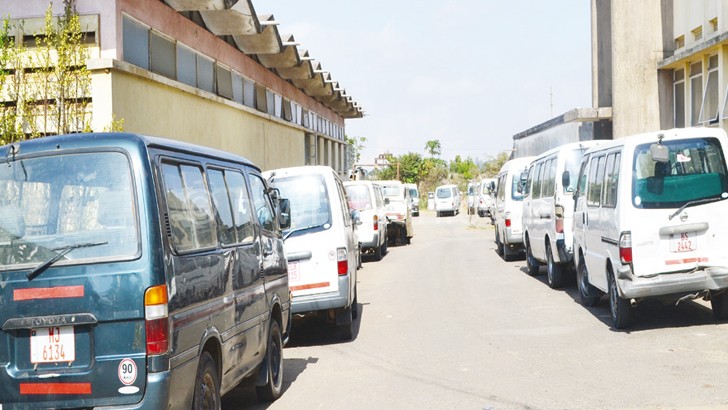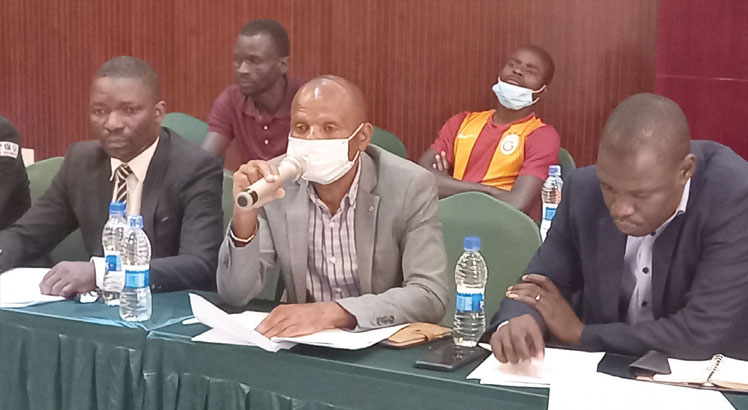Moam decries 60% seating capacity
Minibus Owners Association of Malawi (Moam) says the 60 percent seating capacity directive by the Presidential Task Force on Covid-19 has negatively affected its membership.
The association’s general secretary Coaxley Kamange said in an interview yesterday that minibus operators are, therefore, justified to be raising fares on all the routes to recover the losses.

He said: “The minibus operators want to recover the losses they are making and when they are raising the fares, they are justified because they need to pay for the ‘ghost’ passengers. So, they want to survive because business is hard out here.”
On December 16, Presidential Task Force on Covid-19 co-chairperson Khumbize Chiponda, who is also Minister of Health, announced that public vehicles such as buses, minibusses and taxis should not exceed 60 percent of the available seating capacity.
She directed that compliance committees should be established to ensure that such preventive measures should be adhered to by all operators.
The restrictions came into force on Monday this week and since then passengers have been paying almost double for public transport.
While stressing that there is nothing wrong for the minibus operators to raise their fares, Kamange said it is sad that before such restrictions are put in place, the association is not directly involved.

He said the best way could have been for local authorities to provide water buckets at minibus and bus depots and that minibus operators ensure measures such as wearing of face masks is adhered to.
“We pay a lot of money already to local government authorities so at least they could be providing water facilities such as buckets for passengers to wash their hands.
“The drivers and conductors, on the other hand, can be encouraging passengers to put on face masks all the time,” said Kamange.
In a separate interview, a resident of Chigumula in Blantyre, Patrick Banda, said it is important that minibus operators comply with the directive even if they have to raise fares.
He said: “At the end of the day it’s about protecting everybody from Covid-19. So, as passengers, we also need to understand that the minibus operators want to keep their businesses running.”
But on her part, Zomba-based Fema Nankwawa said it is sad that the restrictions are not fully adhered to, especially during odd hours.
Health and Rights Education Programme executive director Maziko Matemba yesterday said in an interview safety of people during Covid-19 is of paramount importance and public places, including public transport can easily help in its spread.
“The new Omicron variant is spreading faster than the previous so transport owners should understand this more to avoid further spread of this disease. It is, therefore, important to include these stakeholders as agents of change,” he said.
Figures from the Public Health Institute of Malawi, as of Wednesday the country recorded a total of 67 278 cumulative confirmed cases, 2 317 deaths and 59 276 recoveries.





